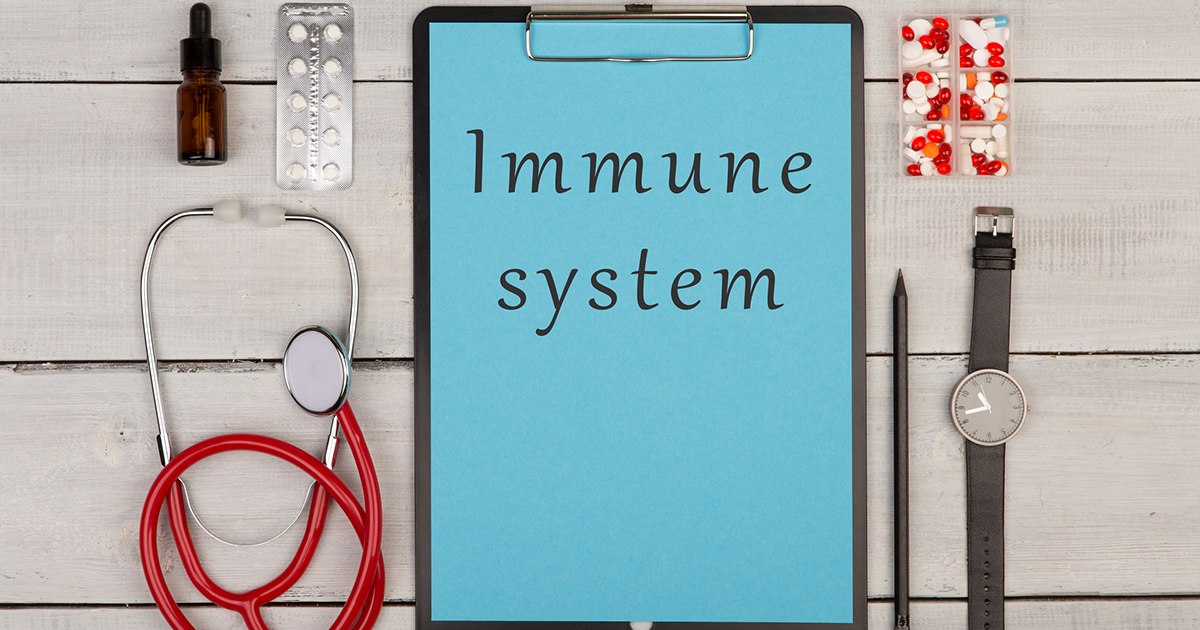Causes And Risk Factors Of Kaposi's Sarcoma
Weakened Immune System

Those with immune systems that function normally can usually keep Kaposi sarcoma-associated herpes virus under control. They typically won't develop as many Kaposi's sarcoma lesions, and it is rare for them to develop full-blown Kaposi's sarcoma. However, those with weakened immune systems are at risk for having a higher rate of cells abnormally develop into lesions. Whether the immune system has been weakened through a virus, autoimmune disease, or organ transplant (as recipients are often prescribed immunosuppressants to keep the body from rejecting the newly transplanted organ), an improper and insufficient immune response means cells infected with KSHV multiply at a much faster rate than they do in those with stronger immune systems.
Continue for more risk factors associated with this condition.
Gender

Kaposi's sarcoma tends to be more prevalent in men than in women, and among the male population, Kaposi's sarcoma is most common among homosexual men. When this condition was a more prevalent issue, men who tested negative for the human immunodeficiency virus tended to have far less serious cases. Those with classical Kaposi's sarcoma did, however, have more serious cases. These men tended to age somewhere in their fifties and sixties and were Mediterranean in ethnic origin. Kaposi's sarcoma does occur in women but to a much less degree, and many of these women are also infected with the human immunodeficiency virus.
Continue to learn more about at-risk groups for Kaposi's sarcoma.
